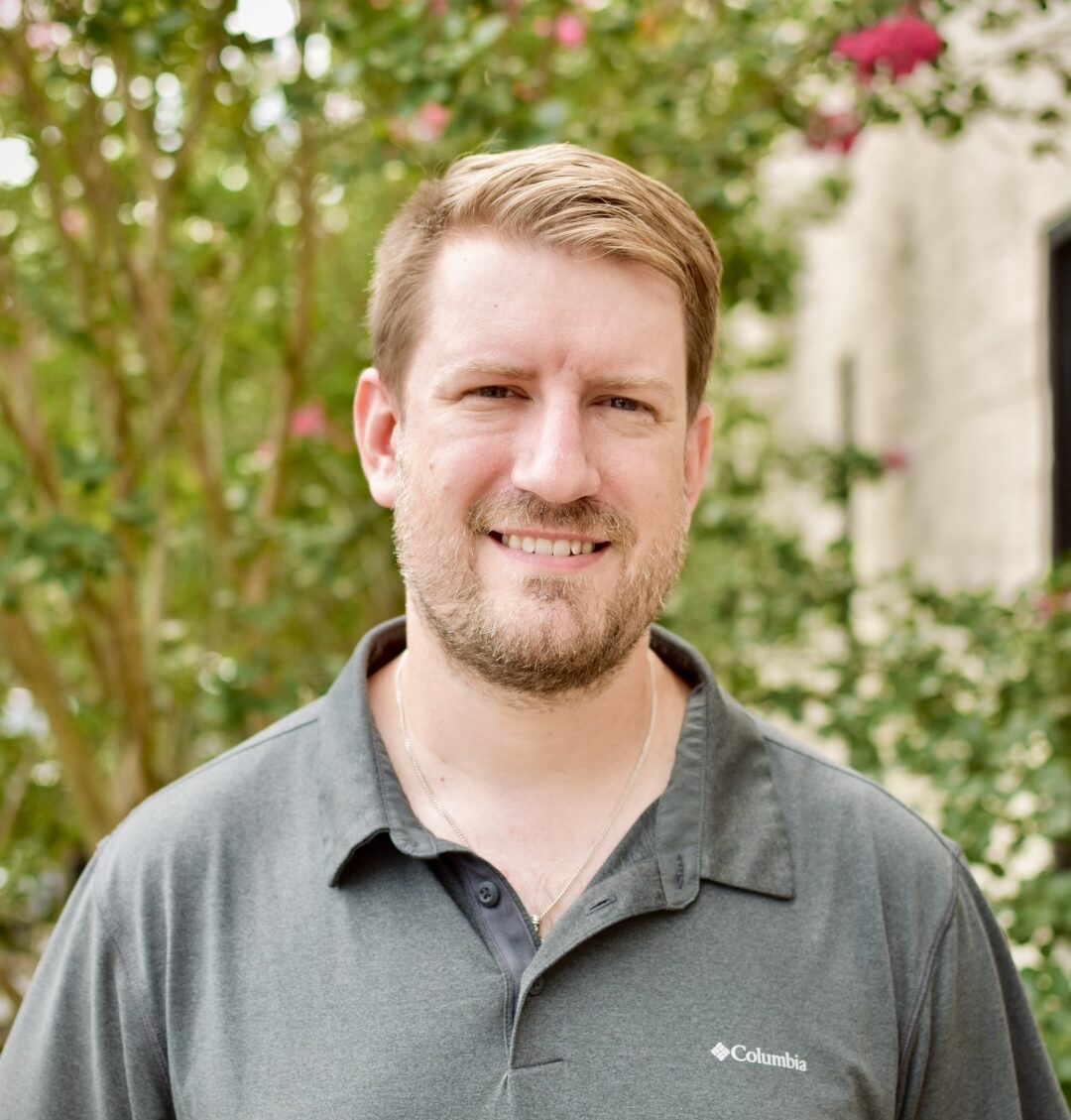The following is an interview with Express-Tek’s fire alarm project manager, Kevin Yowell, CET. With Kevin on staff, Express-Tek has become a new fire alarm provider for the Fredericksburg and surrounding areas.
K: My name is Kevin Yowell, I am a Certified Electrical Technician (NICET III, Fire Alarm), and I’ve been on staff as a Project Manager for 5 months now.
What are your credentials and what do they bring to the table?
K: I have 11 years of on-the-job experience, 2 years as an apprentice wirepuller, 2 years as a journeyman installer, 3 years as a fire alarm system service technician and inspector, and 4 years as a service manager. I first worked for a Siemens dealer in Washington State and then for a Notifier Dealer in Arizona. I currently hold a NICET level III in Fire Alarm systems which allows me to sign off on prints and submit them to the fire marshal for review, NICET III is also the minimum requirement for work on most Federal and Military fire alarm jobs.
Describe our fire alarm capabilities at Express-Tek.
K: We currently have the capability to design and build non-proprietary fire alarm systems in house. Utilizing non-proprietary systems such as Fire-Lite and Silent Knight allows us the flexibility of providing the end-user with a system that can be serviced by any qualified technician and not be locked into a spendy service contract with an enterprise-level dealer. This appeals to many small-to-medium sized businesses who want the freedom to shop around for service contracts. We also have the capability to partner with other contractors who are Notifier dealers to provide wiring and installation of devices in larger projects which require and enterprise-class system.
What is our process when prepping for a fire alarm job?
K: When we receive an invitation to bid on a project, the first thing I do is read over the scope and specifications for the fire alarm system to make sure that we can meet the customer’s expectations. Next, I will look over the contract drawings to identify where we might need to interface with other trades (i.e., Suppression systems, HVAC, elevator, or smoke control systems). At this point we are also looking to make sure that we are meeting any code requirements that are not specifically called out by the contract drawings but will be required by local jurisdictions. Once I have a decent idea of all the required parts and pieces, I will work up a quote based on those figures and send it out to bid (after approval, of course).
Once our bid is accepted, if we are contracted to do the design drawings, I will work closely with our CAD department to work up a set of shop drawings which we can use to submit for permitting. At this point we will also put together a submittal package and send it out for approval from the general contractor. At this stage we will also begin ordering wire and parts as required.
Once our plans are approved and we have a permit in hand, we will begin the rough-in stage of the fire alarm wherein we will install backboxes, raceways and conduit per contract and begin pulling wire for the system. After rough-in comes device trim out, which usually occurs after all the interior trim and paint has been done. Once all the wiring connections have been made and the fire alarm panel has been trimmed out, we will power it up and begin programming. Along the way we will troubleshoot any wire faults or missing devices, and once we have a panel that is “system normal”, we can pre-test the system by testing all the devices and then we schedule the final inspection with the Authority Having Jurisdiction (or AHJ for short). After the AHJ has a chance to check the system out, they will give us their approval and sign off on our permit. At this point we usually schedule end-user training with the system owners to ensure that they understand how their system works and how to perform routine maintenance.
Describe our service contracts and what they will do for our customers.
K: We are still in the process of discussing service contracts, it is our hope to be able to provide 24/7 technical support for service and emergency requests once we have had an opportunity to train our technicians and get them fully NICET certified. We are currently working on a program to encourage and train any of our technicians who want to further their skills and advance their careers by becoming NICET certified.
Who are we servicing with our fire alarm capabilities?
K: Right now, our target market for design/build are small to medium sized commercial buildings looking to meet building code requirements for fire and life safety with a non-proprietary solution that fits their budget – as well as commercial residential facilities and tenant improvement projects. As we grow and gain a larger presence in the industry, we have our sights set on becoming a dealer for one of the enterprise-level manufacturers of fire alarm systems so that we can provide a wider range of life safety solutions. I would also like to see us branch out into service, inspection and monitoring of fire alarm and life safety systems.

